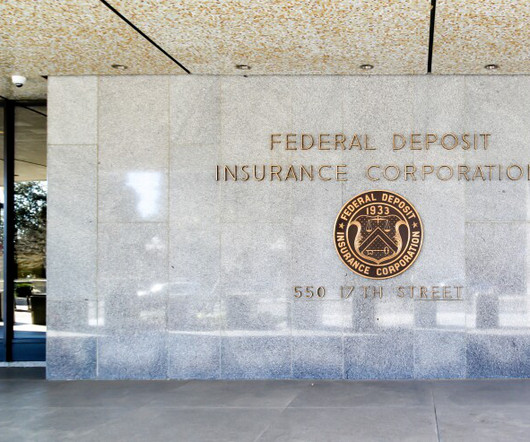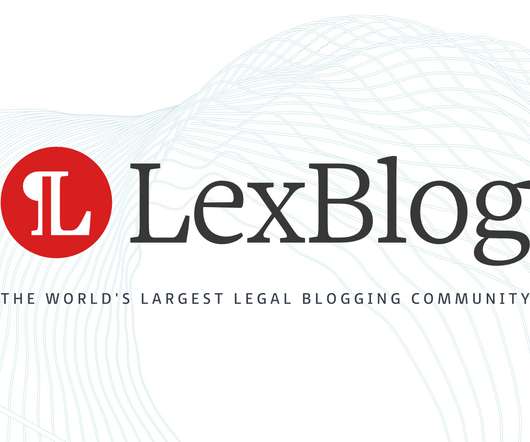California Dept. of Business Oversight launches “true lender” investigation of auto title lender’s partnership with Utah bank
CFPB Monitor
SEPTEMBER 10, 2020
Thereafter, “using its existing lending operations and personnel, LoanMart commenced ‘marketing’ and ‘servicing’ auto title loans purportedly made by CCBank, a small Utah-chartered bank operating out of Provo, Utah.” Thus, both the OCC and FDIC have adopted regulations rejecting the Second Circuit’s Madden decision.















Let's personalize your content